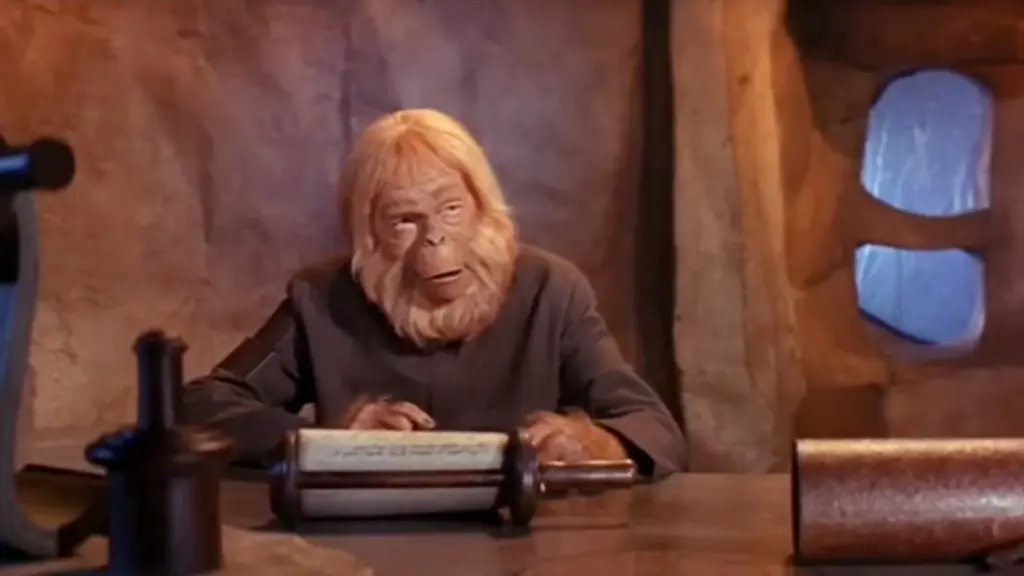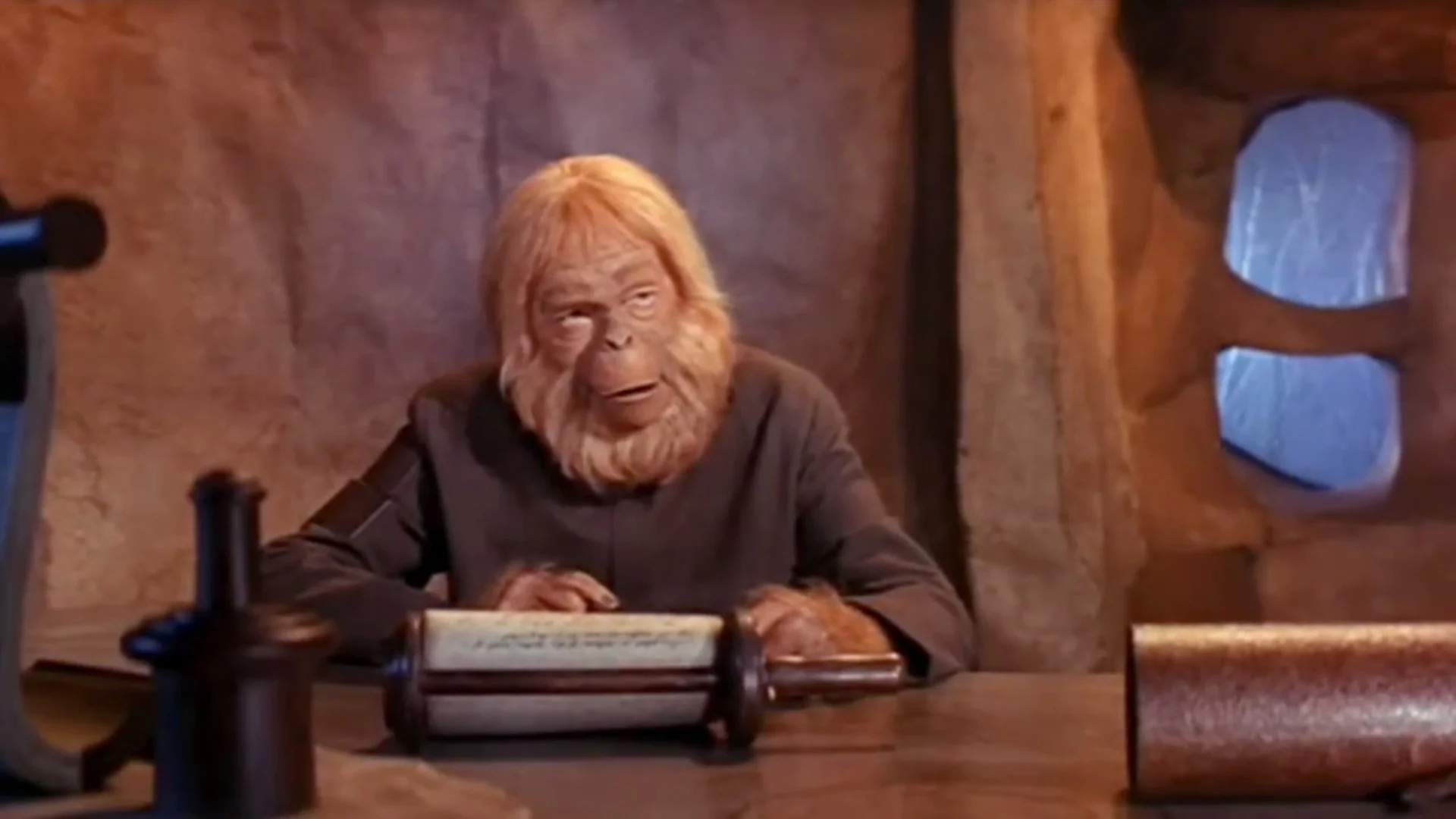
Dr. Zaius: Understanding the Iconic Ape from Planet of the Apes
Dr. Zaius, a name synonymous with authority, skepticism, and the complex social structure of the ape society, stands as one of the most memorable characters in the Planet of the Apes franchise. From his initial appearance in the 1968 film to his enduring presence in subsequent adaptations, Dr. Zaius embodies the intellectual and religious leadership of the ape civilization, fiercely guarding its secrets and maintaining its established order. This article explores the multifaceted character of Dr. Zaius, delving into his motivations, his role within the ape hierarchy, and his lasting impact on science fiction and popular culture. We’ll examine his significance within the broader context of the Planet of the Apes narrative and consider how he continues to resonate with audiences today. Understanding Dr. Zaius is crucial to understanding the core themes of the Planet of the Apes.
The Origins and Portrayal of Dr. Zaius
Dr. Zaius was brilliantly portrayed by Maurice Evans in the original 1968 film, Planet of the Apes. Evans’ performance established the character’s gravitas and intellectual prowess. In later iterations, including the television series and the 2001 remake, Dr. Zaius has been interpreted by other actors, each bringing their own nuance to the role. However, Evans’ portrayal remains the definitive version for many fans.
The character’s design, with his distinctive orange fur and stern demeanor, is instantly recognizable. Dr. Zaius is often depicted wearing elaborate robes, signifying his status as both a scientist and a religious leader within ape society. His physical appearance reinforces his position of power and authority.
Dr. Zaius’s Role in Ape Society
Within the hierarchical structure of the ape civilization, Dr. Zaius holds a dual position. He is the Minister of Science and Chief Defender of the Faith. This unique combination of roles grants him immense power and influence. As a scientist, he possesses knowledge of the planet’s history and the true nature of the human species. As a religious leader, he interprets the sacred scrolls and upholds the ape’s creation myth. His dual role allows him to control both the intellectual and spiritual aspects of ape society, making him a formidable figure.
He is deeply invested in maintaining the status quo. He believes that the apes’ dominance is essential for their survival and that the humans pose a threat to their civilization. This belief drives his actions throughout the series. Dr. Zaius will do anything to protect the apes and their way of life.
The Conflict with Taylor and the Human Threat
The arrival of George Taylor, the astronaut played by Charlton Heston, throws Dr. Zaius’s carefully constructed world into chaos. Taylor represents a direct challenge to the ape’s established order, demonstrating human intelligence and capabilities that contradict the ape’s beliefs about human inferiority. Dr. Zaius views Taylor as a dangerous anomaly that must be contained.
The conflict between Dr. Zaius and Taylor is central to the plot of Planet of the Apes. It highlights the clash between science and religion, knowledge and ignorance, and freedom and control. Dr. Zaius attempts to suppress the truth about the planet’s history, fearing that it will undermine the ape’s authority. Taylor, on the other hand, seeks to expose the truth and challenge the ape’s oppressive regime.
Dr. Zaius is acutely aware of the planet’s history, a history that reveals humans were once the dominant species. This knowledge fuels his fear and his determination to keep humans subjugated. He understands the potential for humans to rise again and overthrow the apes, a scenario he is determined to prevent.
Dr. Zaius as a Symbol of Authority and Dogma
Dr. Zaius is not simply a villain; he is a complex and nuanced character who represents the dangers of unchecked authority and rigid dogma. His fear of the unknown and his unwavering belief in the ape’s superiority lead him to make morally questionable decisions. He is willing to sacrifice individuals, including Taylor and the chimpanzee scientists Cornelius and Zira, to protect the ape’s established order.
His character serves as a cautionary tale about the importance of questioning authority and challenging established beliefs. He embodies the potential for even well-intentioned leaders to become corrupted by power and fear. He represents the dangers of suppressing knowledge and stifling dissent.
Many interpret Dr. Zaius as a commentary on religious fundamentalism and the suppression of scientific inquiry. His character highlights the tension between faith and reason, and the potential for religious beliefs to be used to justify oppression and control.
The Legacy of Dr. Zaius in Popular Culture
Dr. Zaius has become an iconic figure in popular culture, frequently referenced and parodied in various media. His memorable lines, such as “Man is evil. Capable of nothing but destruction,” have become ingrained in the collective consciousness. He represents a symbol of authority, skepticism, and the dangers of blind faith.
His character has influenced countless other science fiction and fantasy narratives, serving as a template for authoritarian figures who seek to maintain control through fear and manipulation. The complexities of Dr. Zaius continue to be a source of fascination and debate among fans of the Planet of the Apes franchise.
The enduring popularity of Dr. Zaius speaks to the timeless themes explored in Planet of the Apes: the nature of humanity, the dangers of unchecked power, and the importance of questioning authority. His character continues to resonate with audiences because he embodies these themes in a compelling and thought-provoking way.
Analyzing Dr. Zaius’s Motivations
To fully understand Dr. Zaius, it’s crucial to delve into his motivations. He isn’t simply power-hungry; he genuinely believes he’s acting in the best interest of ape society. His actions, though often ruthless, stem from a deep-seated fear of repeating past mistakes. The knowledge he possesses about the planet’s history, a history where humans reigned supreme, shapes his entire worldview. This understanding transforms him from a mere antagonist into a complex character driven by a desire to protect his species from extinction. The fear driving Dr. Zaius is palpable, and it colors every decision he makes.
He sees Taylor not just as an individual but as a symbol of a potential future where humans reclaim their dominance. This perception fuels his determination to suppress Taylor and any knowledge that could empower humanity. Dr. Zaius’s actions are, in his mind, preventative measures necessary for the survival of ape civilization. He is willing to make difficult choices, even those that appear morally reprehensible, to secure the future of his kind. This internal conflict adds layers to his character, making him more than just a one-dimensional villain. Dr. Zaius is a complex figure, driven by a profound sense of responsibility and a haunting fear of the past.
The Philosophical Implications of Dr. Zaius
Dr. Zaius’s character raises significant philosophical questions about the nature of knowledge, the role of religion, and the justification of power. His suppression of historical truth highlights the dangers of censoring information to maintain social control. His reliance on religious dogma underscores the potential for faith to be used to justify oppression and inequality. He embodies the ethical dilemmas inherent in leadership, particularly when faced with perceived threats to the established order.
His actions prompt reflection on the relationship between science and religion, and the potential for conflict between these two domains. Dr. Zaius’s dual role as Minister of Science and Chief Defender of the Faith creates a tension that reflects the ongoing debate about the compatibility of scientific inquiry and religious belief. He grapples with the implications of scientific discoveries that challenge the established religious narratives, highlighting the challenges of reconciling faith with reason.
The character of Dr. Zaius also invites consideration of the nature of prejudice and discrimination. His treatment of humans reflects a deep-seated bias rooted in fear and a belief in ape superiority. This prejudice is reinforced by the ape’s social and religious structures, creating a system of oppression that perpetuates inequality. Dr. Zaius’s actions serve as a reminder of the dangers of unchecked prejudice and the importance of challenging discriminatory beliefs.
Dr. Zaius and the Evolution of the Planet of the Apes Franchise
As the Planet of the Apes franchise evolved through sequels, television series, and reboots, the character of Dr. Zaius has been reinterpreted and reimagined in various ways. While the core elements of his character remain consistent – his intelligence, his authority, and his fear of humanity – different adaptations have explored different facets of his personality and motivations.
Some adaptations have emphasized his scientific curiosity, portraying him as a genuine seeker of knowledge who is torn between his scientific inclinations and his loyalty to the ape’s established order. Others have focused on his religious zealotry, depicting him as a rigid and uncompromising defender of the faith. Still others have explored his internal conflicts, highlighting the moral dilemmas he faces as he attempts to balance his responsibilities to ape society with his own conscience. No matter the iteration, the core essence of Dr. Zaius remains a pivotal point in the narrative.
The evolution of Dr. Zaius reflects the changing social and political contexts in which the Planet of the Apes franchise has been produced. As society’s understanding of issues such as racism, oppression, and the abuse of power has evolved, so too has the portrayal of Dr. Zaius. His character continues to be a relevant and thought-provoking figure, prompting audiences to consider the complex issues that lie at the heart of the Planet of the Apes narrative. [See also: Planet of the Apes Timeline Explained].
Conclusion: The Enduring Relevance of Dr. Zaius
Dr. Zaius remains a compelling and complex character whose significance extends far beyond the Planet of the Apes franchise. He embodies the dangers of unchecked authority, the importance of questioning dogma, and the complexities of leadership in times of crisis. His character serves as a timeless reminder of the need for critical thinking, empathy, and a willingness to challenge established beliefs. The impact of Dr. Zaius on science fiction is undeniable. He is a character that will continue to be analyzed and debated for years to come. He is a testament to the power of science fiction to explore complex social and political issues. Dr. Zaius’s legacy endures because he represents the enduring human struggle between knowledge and ignorance, freedom and control, and hope and fear. His character is a powerful reminder of the importance of vigilance in the face of oppression and the need to constantly strive for a more just and equitable world. Dr. Zaius, the iconic ape, continues to captivate and provoke thought, solidifying his place as one of the most memorable characters in science fiction history.

